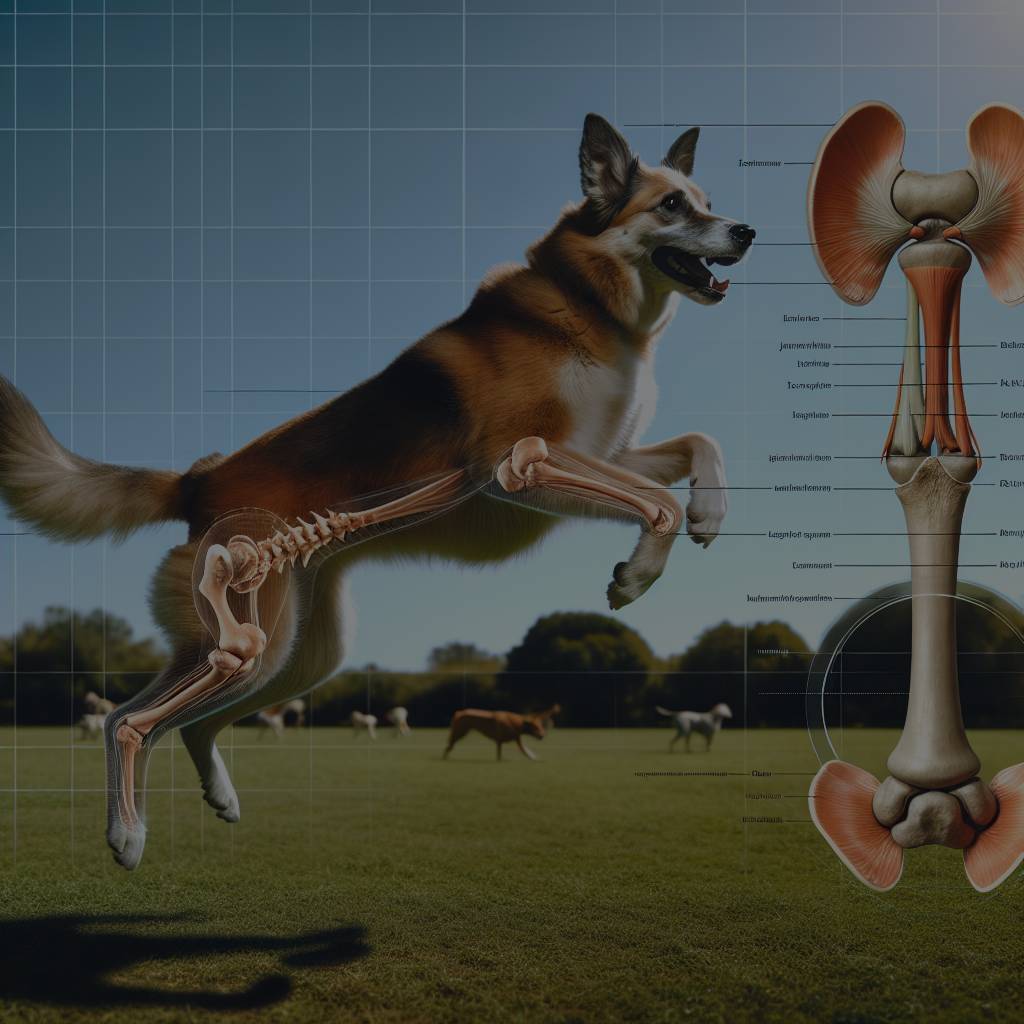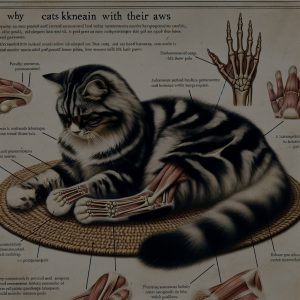
Understanding canine joint health is crucial for any dog owner. Joint health plays a significant role in a dog’s overall well-being and can greatly impact their quality of life. By understanding the importance of canine joint health and the factors that can affect it, dog owners can take proactive measures to ensure their furry companions live a happy and comfortable life.
=== Importance of Canine Joint Health
Canine joint health is of utmost importance because it directly affects a dog’s mobility and ability to perform daily activities. Healthy joints allow dogs to run, walk, jump, play, and even perform certain tasks. On the other hand, compromised joint health can lead to pain, stiffness, and reduced mobility. Arthritis and other joint-related conditions are common in dogs, especially as they age. By prioritizing joint health, dog owners can help prevent such conditions and preserve their pet’s mobility for as long as possible.
Regular exercise is vital for canine joint health. Exercise helps to maintain muscle strength, which is critical for supporting joints. Additionally, it helps to keep joints lubricated and promotes the flow of nutrients to the joint tissues. Moderate exercise on a regular basis can help prevent obesity, which is a risk factor for joint problems. However, it is important to strike a balance and avoid excessive exercise, as overexertion can lead to joint damage. Providing a well-rounded exercise routine and playing activities that are suitable for a dog’s age and breed can greatly contribute to their joint health.
=== Factors Affecting Canine Joint Health
Several factors can affect canine joint health. Genetics play a significant role, as certain breeds are more prone to joint problems than others. For example, large breeds such as German Shepherds and Labradors are predisposed to hip and elbow dysplasia. Aging is another factor that affects joint health. As dogs get older, their joints naturally deteriorate, making them more susceptible to arthritis and other degenerative joint diseases. Obesity is yet another factor that can negatively impact joint health. The additional weight puts excessive strain on the joints, leading to increased wear and tear. It is crucial for dog owners to monitor their pet’s weight and ensure they maintain a healthy body condition to support optimal joint health.
Proper nutrition is essential for maintaining canine joint health. A balanced diet that includes the appropriate nutrients, such as glucosamine and chondroitin, can help support joint health and reduce the risk of joint problems. These nutrients aid in the production and repair of joint cartilage. Additionally, maintaining a healthy weight through a well-rounded diet can alleviate excess strain on the joints. Regular veterinary check-ups can also contribute to maintaining joint health, as early detection of any joint issues can allow for timely intervention and management.
Understanding the importance of canine joint health and the factors that can affect it is vital for every dog owner. By prioritizing joint health through regular exercise, proper nutrition, and veterinary care, dog owners can help prevent joint problems and ensure their four-legged companions live a fulfilling and comfortable life. Remember, a little effort in maintaining joint health can go a long way in enhancing the overall well-being of your furry friend.










